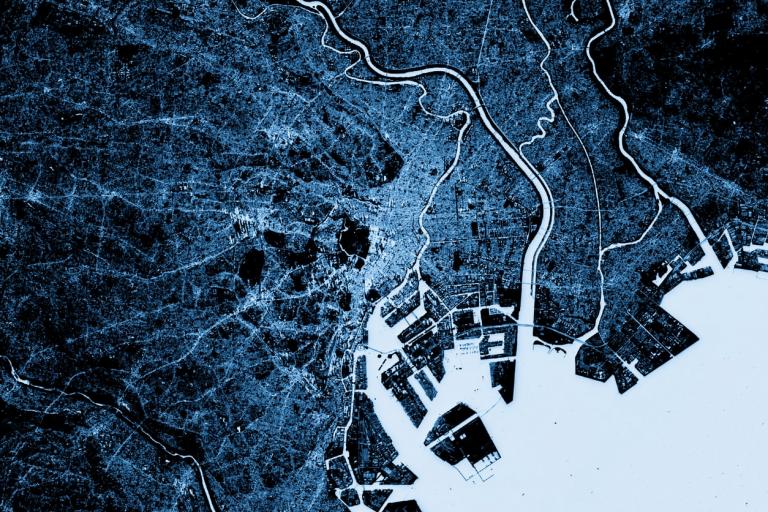Groundwater Monitoring Studies in Europe
In order to determine if groundwater (GW) is adequately protected against leaching of active substances and their metabolites used in Plant Protection Products (PPP), groundwater monitoring is considered a useful approach. It is regarded as the highest (i.e. most realistic) tier in the regulatory groundwater assessment of PPPs in the EU and supersedes assessments on lower tiers (EU Commission, 2014). The recently published report “Conducting Ground Water Monitoring Studies in Europe for Pesticide Active Substances and their Metabolites in the Context of Regulation (EC) 1107/2009” was prepared by advisory group SETAC EMAG-Pest GW, of which knoell experts Stefan Reichenberger and Florian Hegler were part of. It provides recommendations on study design and study procedures, with specific emphasis on vulnerability assessment and mapping of monitoring sites. Vulnerability, in the context of groundwater monitoring for pesticides or their metabolites, usually refers to the vulnerability of groundwater to leaching of these compounds from the topsoil.
Understanding groundwater vulnerability is crucial for the design and interpretation of groundwater monitoring studies. Depending on the question to answer and the spatial scale (field, catchment or aquifer), different methods and approaches can be used to conduct vulnerability assessments:
- You want to get a better understanding of how shape, location and size of treated agricultural areas influence water quality at GW monitoring wells?
- You need support with identification and selection of appropriate well locations?
- You want to validate the usability of results of existing GW monitoring studies for re-authorisation purpose?
- You need visualisation to support your argument for GW monitoring site selection or acceptance (vulnerability mapping), or just to make it easier for all stakeholders to understand the results of monitoring studies?
You have the questions – we have the expertise, methods and tools (case studies: Hegler et al., He et al.).
Please contact Dr. Wolfgang Reiher for further information.
You can also meet our experts at IUPAC 2019, 19-24 May, Ghent at Booth 71 or SETAC Europe 2019, 26-30 May, Helsinki.

